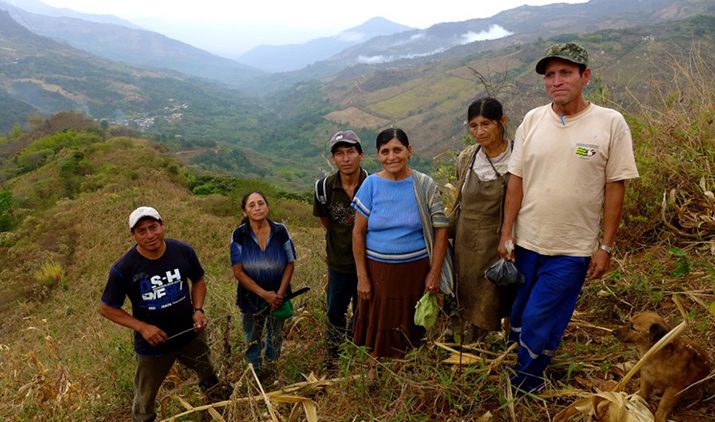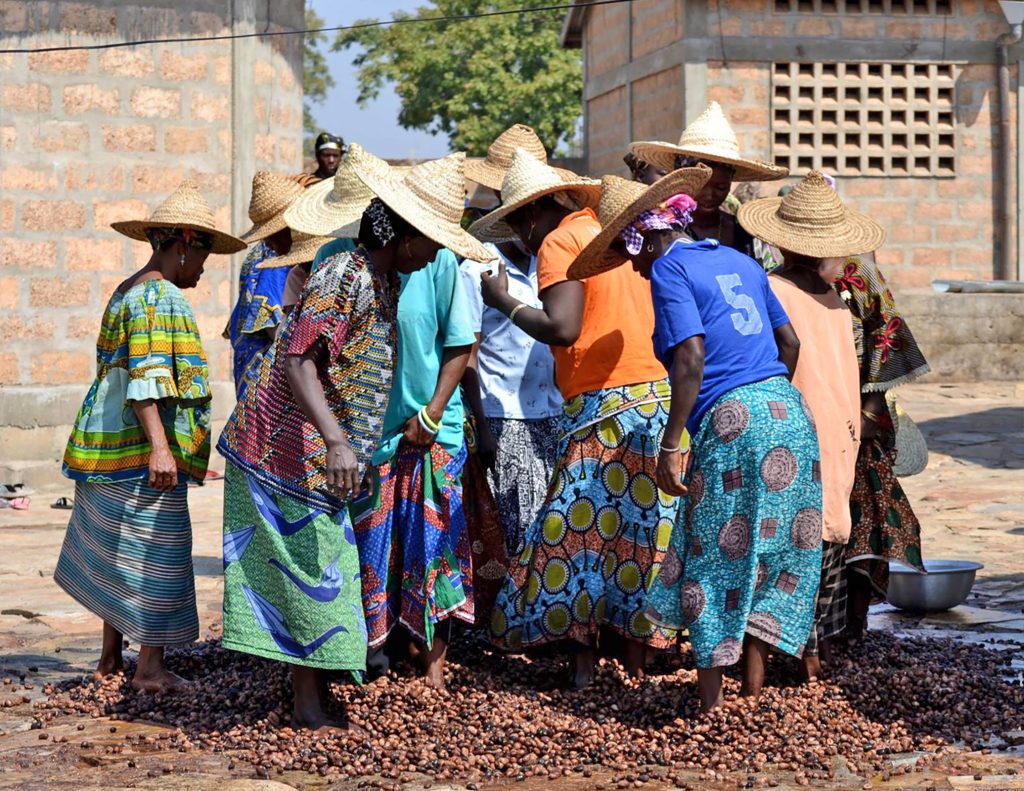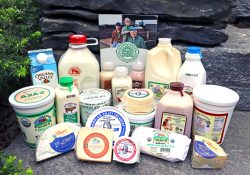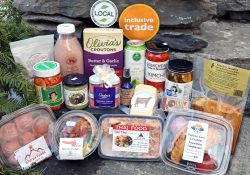
Can Fair Trade Help Address Climate Change?
October is Fair Trade Month! We all know that Fair Trade Certified products have deep social and economic impacts, but is it possible that they could also be part of the solution in addressing a changing climate? According to this article from our friends at NCG, Fair Trade has a key role to play and cooperatives are doing their part to support the effort:
When the fair trade story is told, people often focus on the social and economic benefits fair trade provides producers, which are significant. But the market stability that fair trade certification creates also empowers farmers to invest in farming methods such as regenerative agriculture, agroforestry and tropical reforestation projects that help to slow climate change.

In May of 2018, food co-ops across the country partnered with Fair World Project to raise awareness about the inspiring environmental projects many fair trade producers have undertaken in tropical areas all over the world. In addition to selling over one million dollars of fair trade certified products, directly benefitting producer communities within our supply chain, collectively we raised $8,000 for Fair World Project’s Grow Ahead initiative, a grassroots effort to fund reforestation projects at Cooperative Norandino in Peru.
The cooperative is owned by 7,000 small-scale, fair trade and organic cacao, coffee, sugar and fruit farmers in northern Peru who will be using the funds to plant 69,000 native tree seedlings and build two plant nurseries. This is part of a larger farmer-led reforestation project covering 136 acres in total. Tropical reforestation remains a powerful and well-known method of drawing carbon dioxide from the atmosphere, making Project Drawdown’s top ten list of potential climate change solutions.
Food co-ops continue to pursue and support projects like Cooperative Norandino’s because tropical areas of our world are critical parts of our supply chain, growing an enormous variety of agricultural products from staple grains like rice and quinoa, to widely used tropical oils like palm and coconut, to beloved treats like bananas, coffee, and chocolate. Many of the methods used to farm these products quickly and cheaply have taken an enormous toll on the people, local economies and the environment. We believe that working together, people and businesses can do better.

Partnering with fair trade companies, farmer and producer cooperatives is one way of ensuring that the people involved throughout our supply chain are properly empowered economically and legally. Because tropical areas are also critical to the protection and improvement of Earth’s atmosphere, food co-ops collectively have chosen to invest in projects that are focused on protecting, growing and sustainably managing tropical rainforests, like the one our colleagues at Cooperative Norandino are pursuing, or our own carbon offset program, Co+op Forest.
We are honored to partner with inspiring organizations like Fair World Project, Cooperative Norandino and fair trade cooperatives all over the world to bring our customers the very best food the world has to offer in a more sustainable way. Look for fair trade products when you shop at the co-op, your purchase makes a difference.
*cover photo shows members of Cooperative Norandino. Photo credit to Fair World Project.


